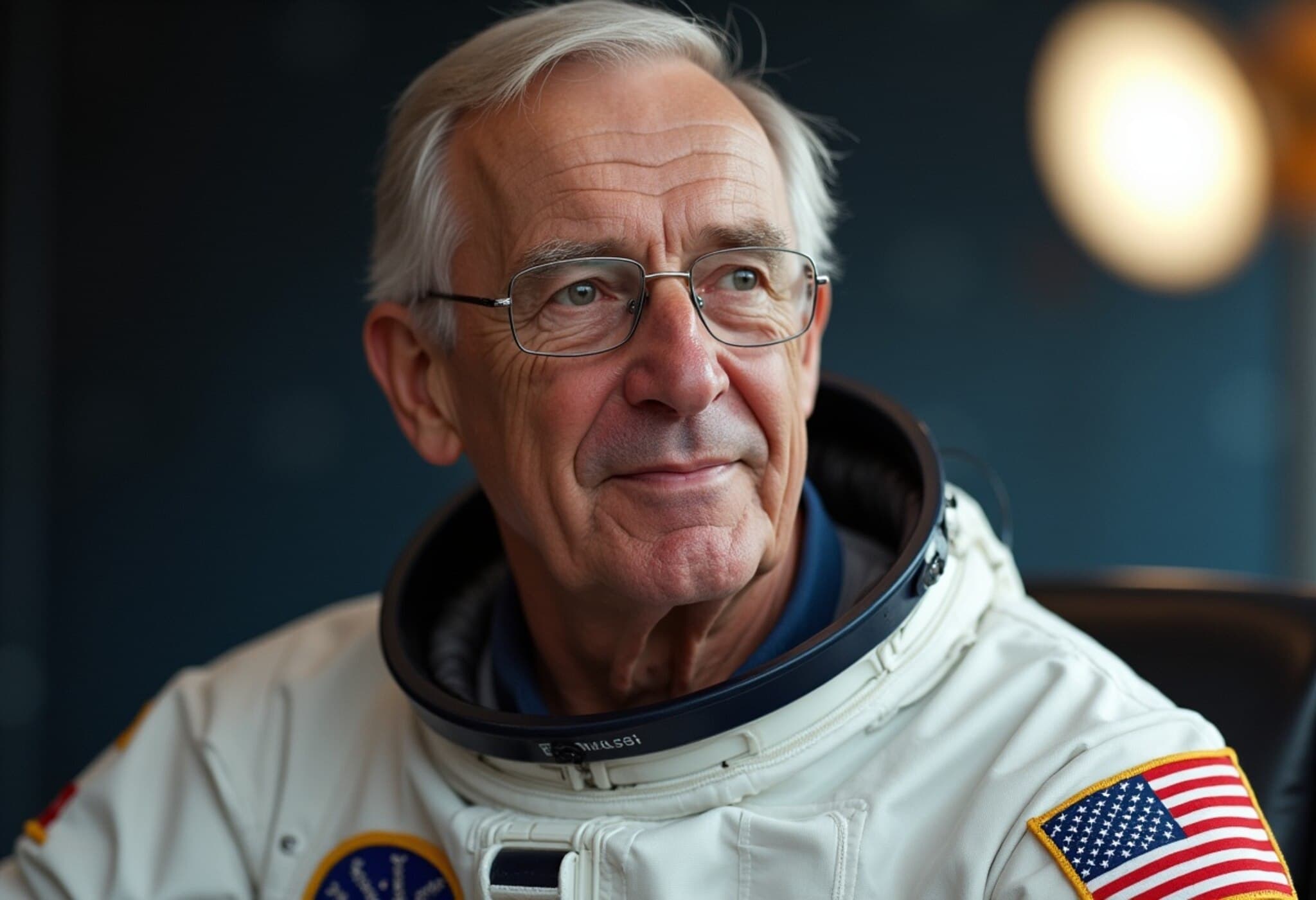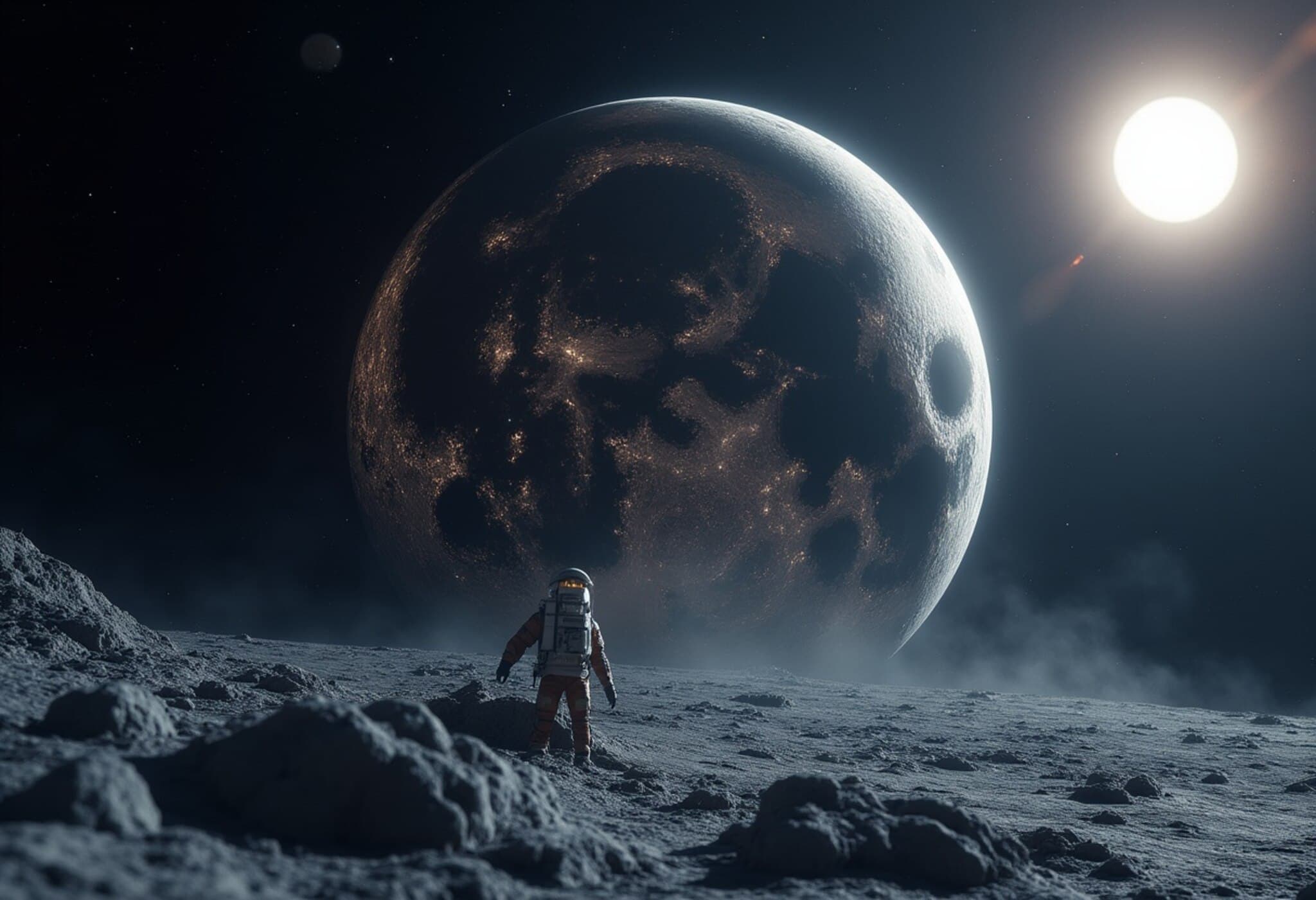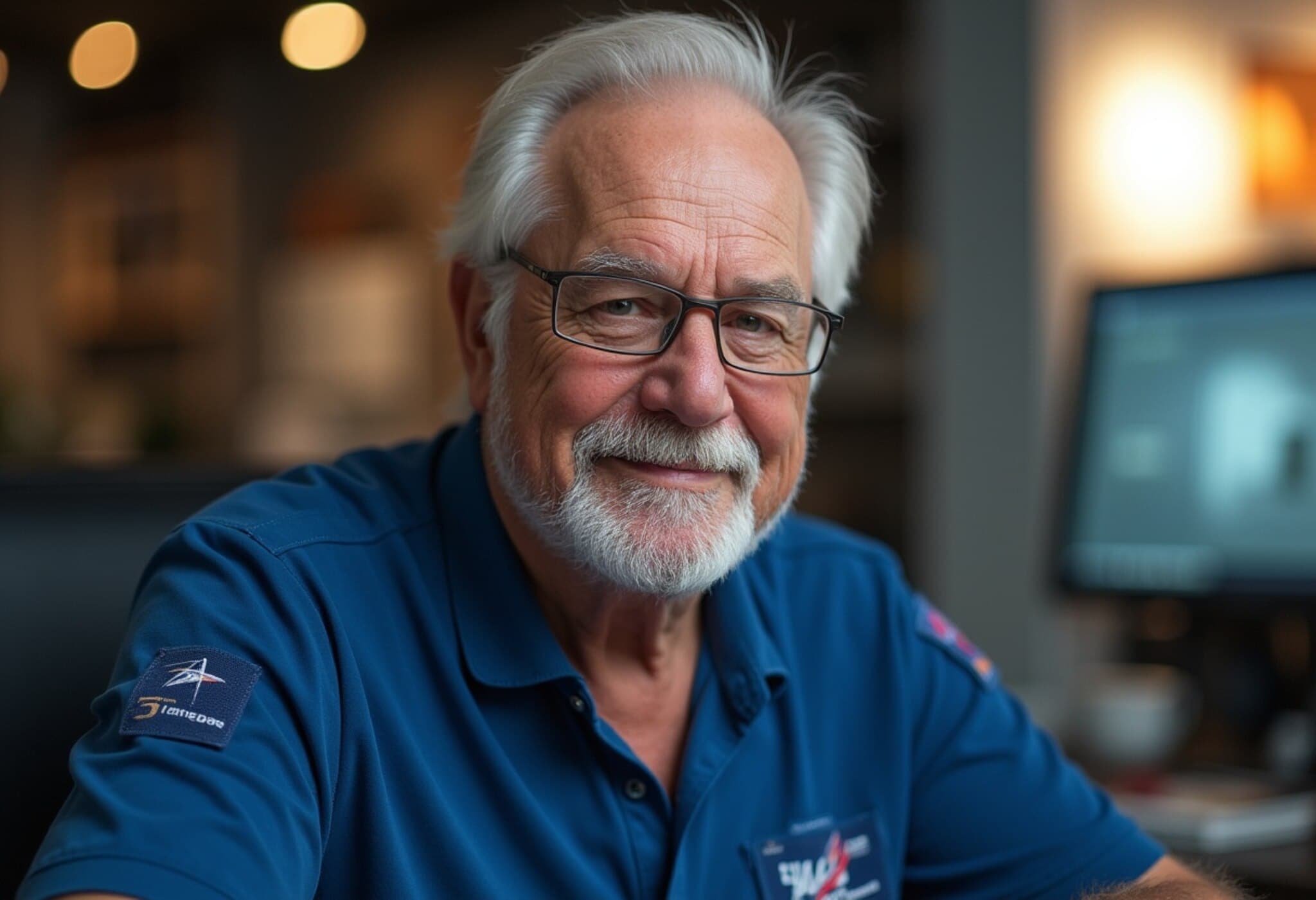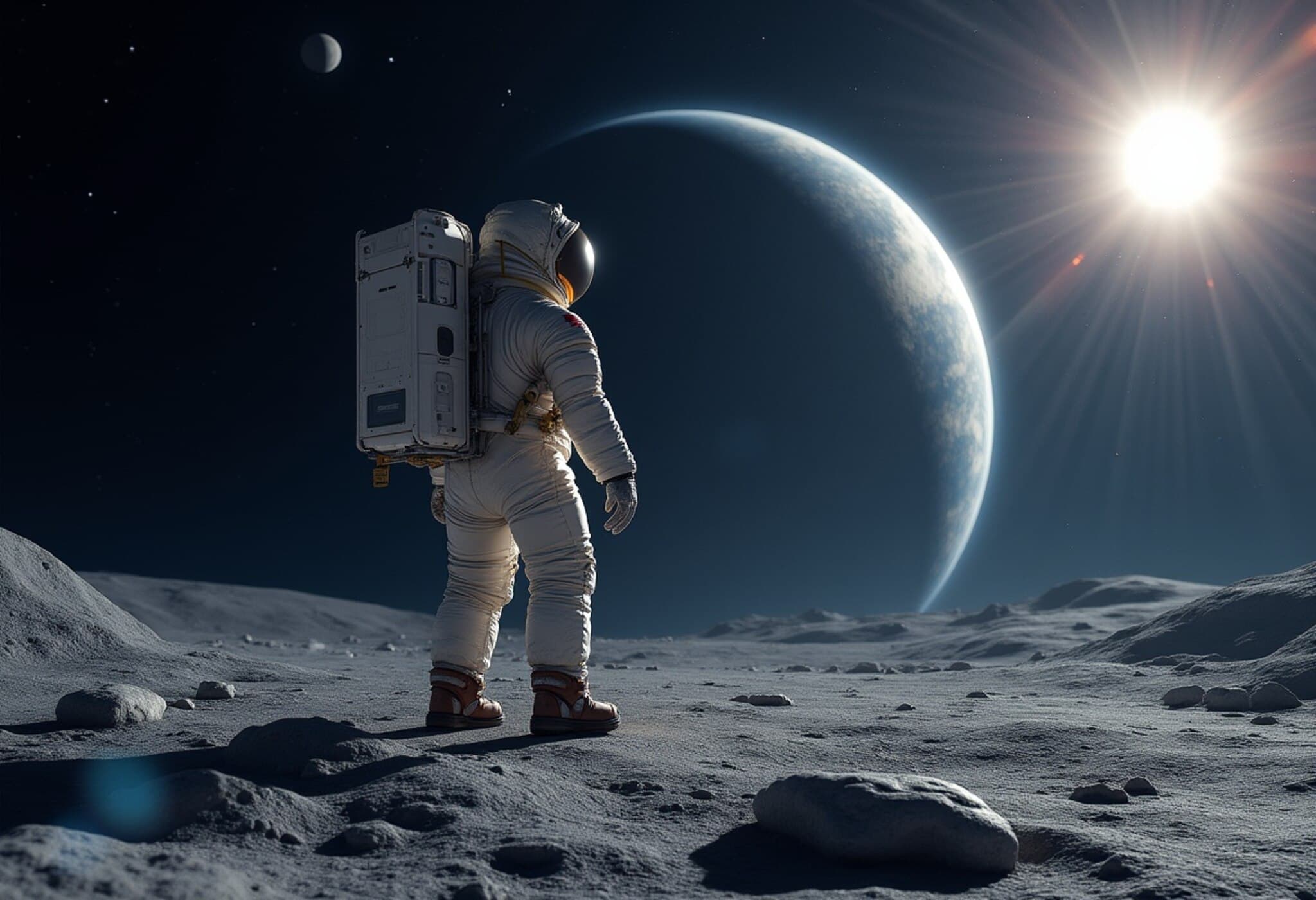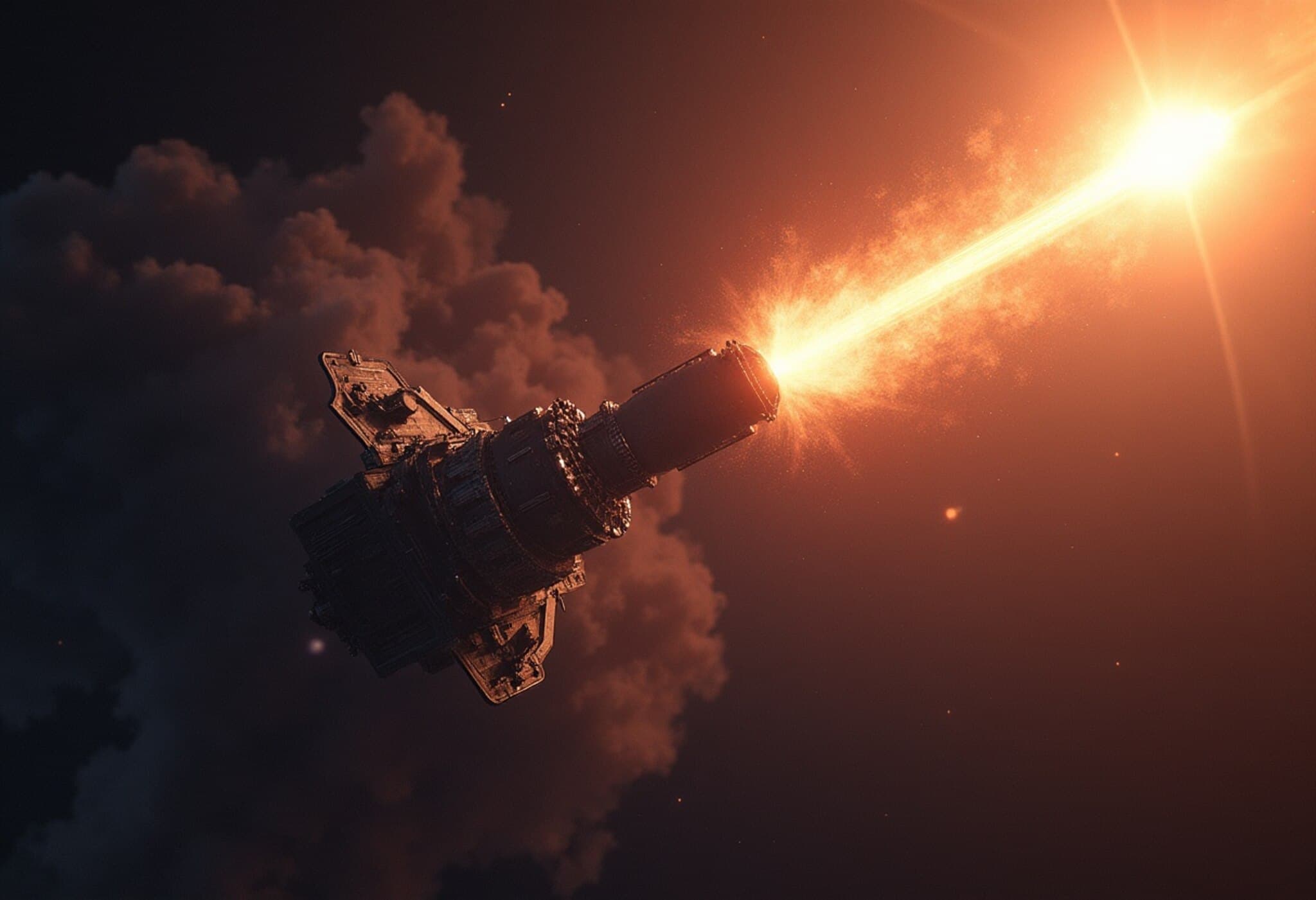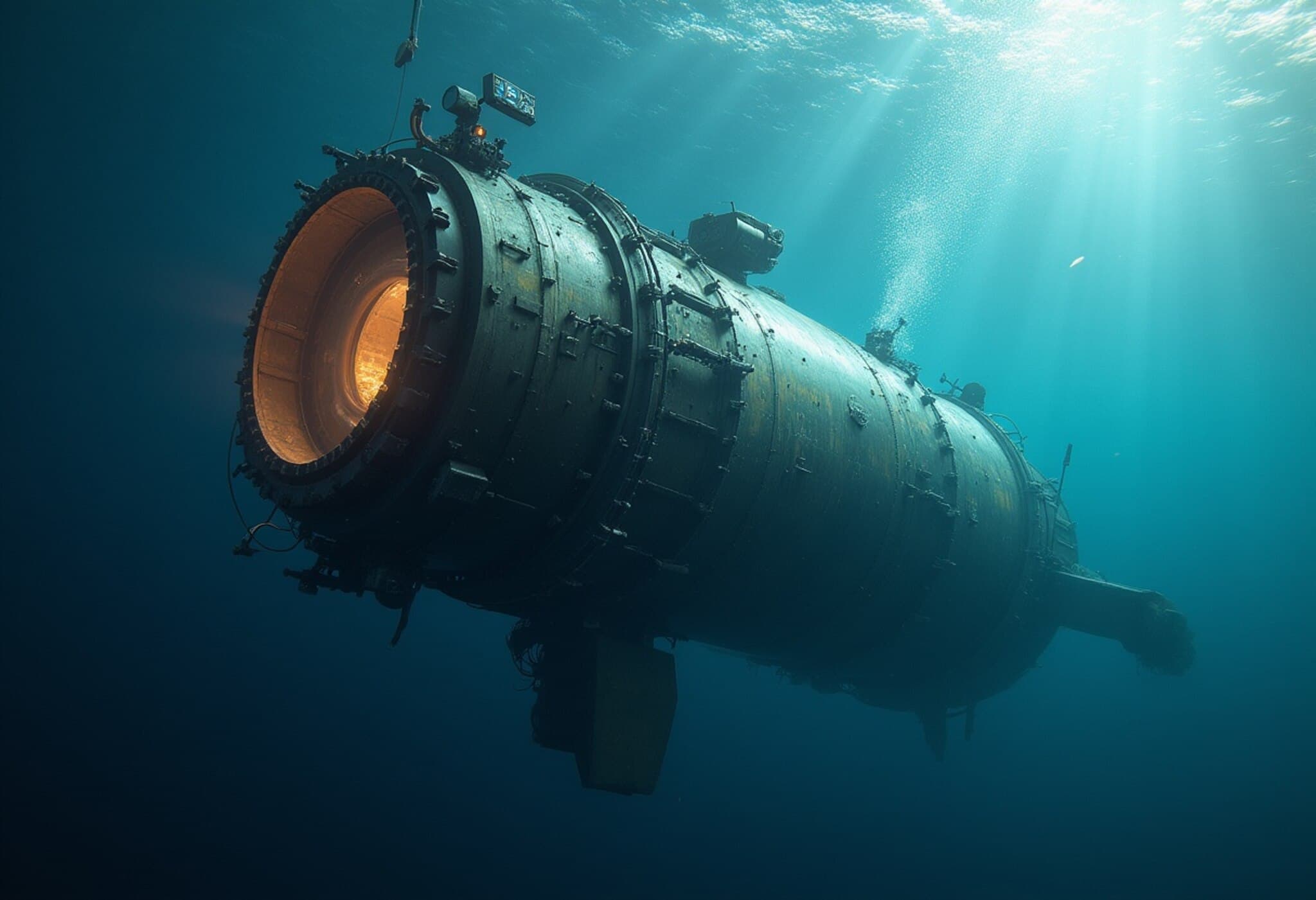Remembering Jim Lovell: NASA Icon and Apollo 13 Hero
Jim Lovell, the distinguished NASA astronaut renowned for commanding the harrowing Apollo 13 mission, has passed away at the age of 97. His death marks the end of an era for space exploration and heroic endurance under pressure.
A Mission That Captured the World's Heart
On April 11, 1970, Jim Lovell led the Apollo 13 mission on a journey intended to land on the Moon. Fate, however, had other plans. An oxygen tank explosion severely damaged the spacecraft, turning what was meant to be a triumphant lunar landing into a tense fight for survival. Lovell's calm leadership and the relentless efforts of NASA ground control helped safely bring the crew back to Earth against overwhelming odds.
The mission’s famous line, “Houston, we’ve had a problem,” encapsulated a pivotal moment in space history and showcased Lovell’s poised professionalism. This story has since inspired countless people, reminding us all of human tenacity, problem-solving, and teamwork under extraordinary stress.
From Naval Officer to Space Legend
Lovell’s life journey from a naval aviator to one of America’s most celebrated astronauts reflects an era of bold exploration and innovation. Completing four spaceflights, including Gemini 7, Gemini 12, Apollo 8, and Apollo 13, Lovell was among the few to orbit the Moon multiple times and cultivate a legacy of courage and resilience.
- Born: March 25, 1928
- NASA astronaut since: 1962
- Key missions: Gemini 7, Gemini 12, Apollo 8, Apollo 13
- Notable achievements: First to fly to the Moon twice, Commander of the safe return Apollo 13 mission
Legacy Beyond Spaceflight
Beyond his astronaut feats, Jim Lovell became a symbol of American ingenuity during the Cold War space race. His work helped foster public trust in NASA’s commitment to safety and excellence. In recent decades, his story was immortalized in the 1995 film Apollo 13, starring Tom Hanks, further entrenching his role in popular culture and inspiring future generations.
Expert Perspective: Space historian Dr. Emily Carter notes, "Lovell’s leadership during the Apollo 13 crisis exemplifies how human judgment and teamwork can triumph even when technology falters. As NASA prepares for new lunar missions, his legacy remains a critical touchscreen on the risks and rewards of exploration."
What Jim Lovell’s Passing Means Today
As humanity stands at the cusp of returning to the Moon and embarking on Mars expeditions, Lovell’s passing invites reflection on the pioneering spirit and the indispensable value of experience. His story underscores the importance of preparation, adaptability, and calm decision-making—qualities as vital now as they were 55 years ago.
Continuing the Journey
Jim Lovell’s death is mourned by the global space community and remembered by those who admire the courage to navigate uncertainty. His life reminds us that the path to discovery is fraught with challenges, but through resilience and collaboration, we can overcome the impossible.
Editor’s Note
Jim Lovell’s extraordinary journey—from Cold War naval officer to iconic astronaut who led Apollo 13’s dramatic survival mission—offers timeless lessons on leadership under pressure. As NASA prepares to rekindle human space exploration ambitions, his legacy challenges us to blend human wisdom with technological advancement. In an age of rapid innovation, Lovell’s story is a beacon of steady courage and teamwork. What will future generations of explorers learn from his example?

